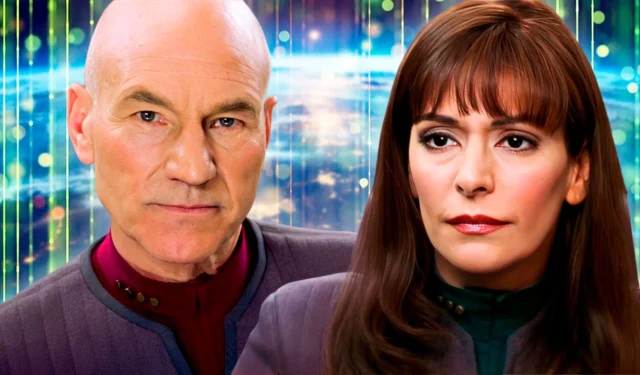In Star Trek: Nemesis, Captain Jean-Luc Picard, portrayed by Patrick Stewart, exhibits an unusual dismissiveness towards Counselor Deanna Troi (Marina Sirtis), showcasing a fundamental misunderstanding of his character. This film, which ultimately served as a disappointing farewell to the Star Trek: The Next Generation film series, has since been redeemed somewhat by the third season of Star Trek: Picard. Although Nemesis includes some commendable elements, such as Stewart’s performance, its mischaracterization of Picard stands out as one of its significant failures.
The plot of Star Trek: Nemesis revolves around Picard and his crew embarking on a diplomatic journey to Romulus to engage with the newly appointed Romulan Praetor Shinzon (Tom Hardy). During this mission, they encounter B-4 (Brent Spiner), an android sibling of Lt. Commander Data (Brent Spiner). While there are flickers of promise in the narrative, such as Stewart’s consistent excellence, the film suffers from odd character decisions and a muddled thematic core. One particular scene feels like a rehash of the franchise’s prior missteps, undermining the film’s overall integrity.
Captain Picard’s Troubling Response to Counselor Troi’s Assault
The TNG Picard Would Not Have Made Such a Statement

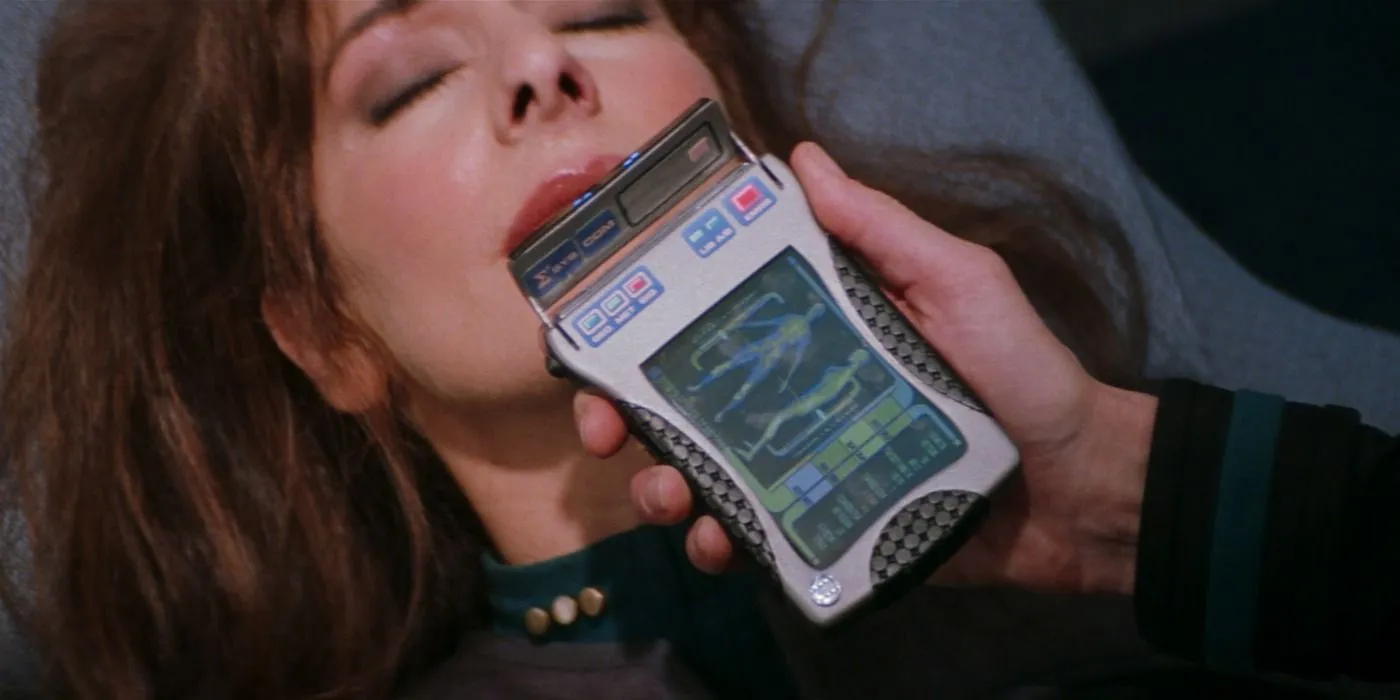
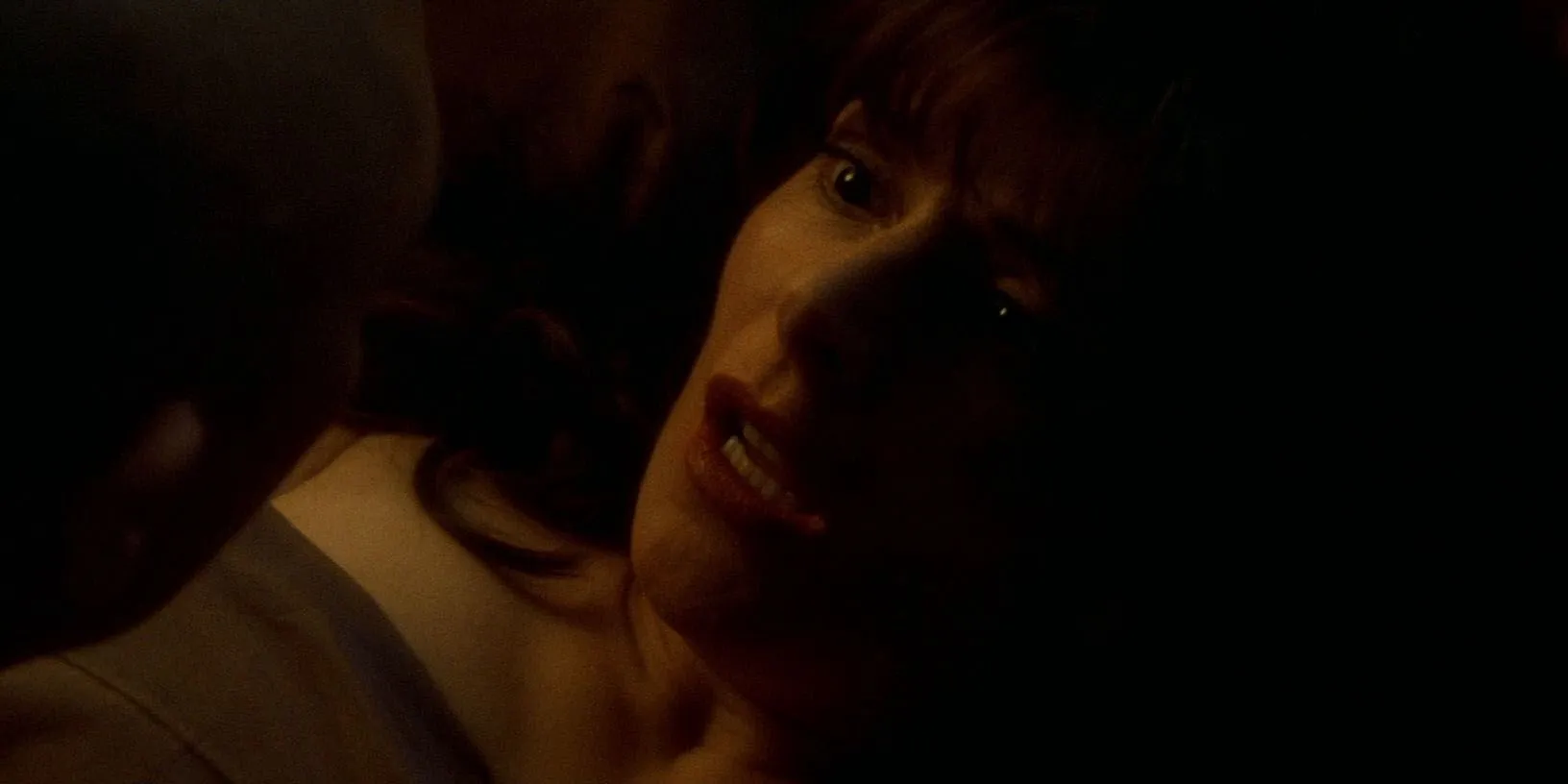
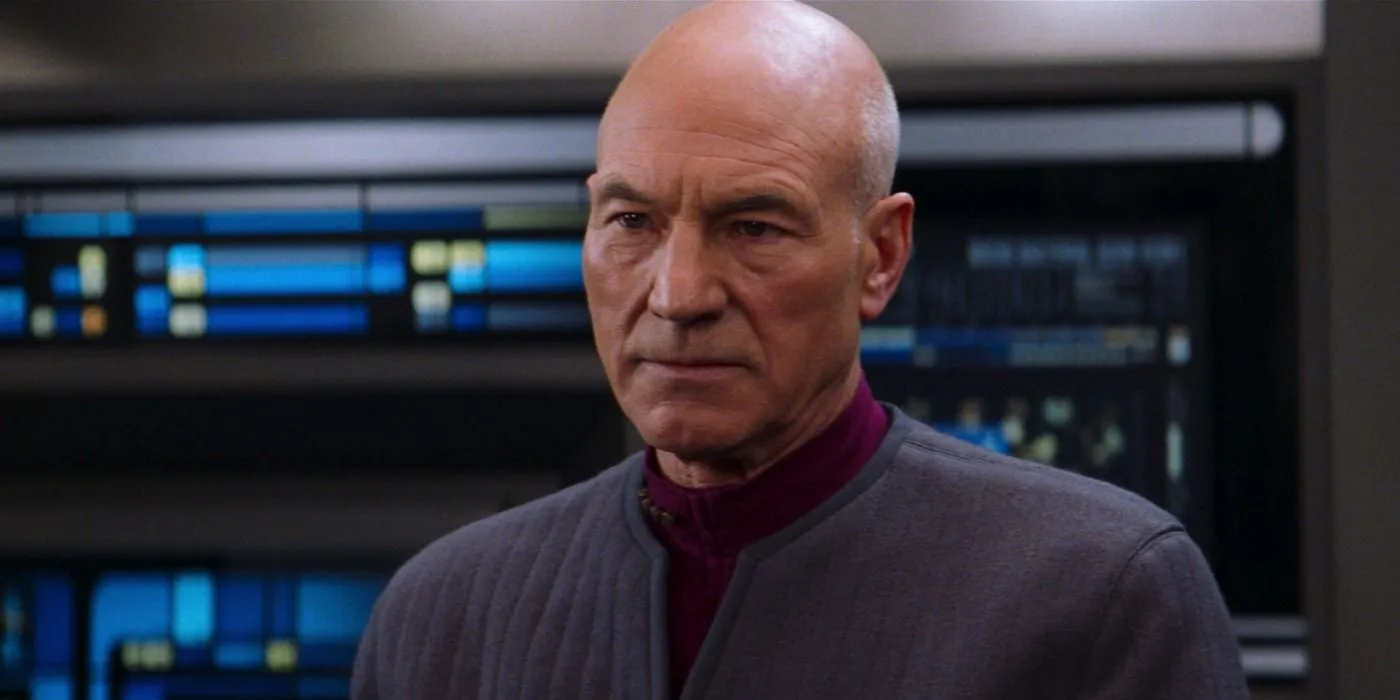
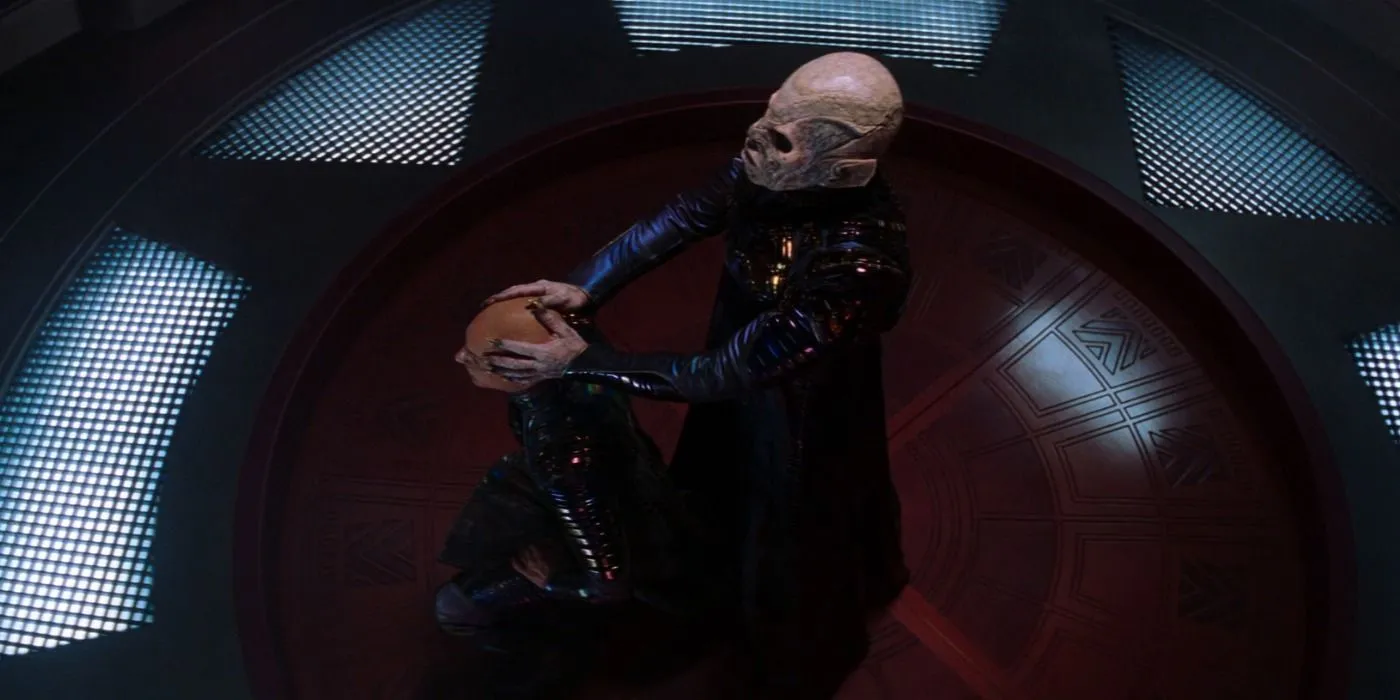
Upon arriving at Romulus and meeting Shinzon, the captain’s clone becomes infatuated with Counselor Troi. During a romantic moment between Troi and Captain Will Riker (Jonathan Frakes) aboard the Enterprise, Shinzon psychically invades Troi’s mind through a connection established by his Viceroy (Ron Perlman), thus violating her telepathically. This scene feels unnecessary, as it revisits dark elements of Troi’s past from The Next Generation. Picard’s reaction to Troi’s trauma in Nemesis indicates a lack of understanding of his own character’s values.
After Riker assists Troi in regaining her composure, they visit Dr. Beverly Crusher (Gates McFadden) in sickbay where Picard joins them. Although Troi is physically unharmed, she expresses a desire to step down from her duties, fearing that Shinzon’s intrusion compromises her abilities. Remarkably, Picard dismisses her concerns with a statement that she is needed more than ever, saying, “If you can endure more of these assaults, I need you at my side now, more than ever.”
This response starkly contrasts with the Picard that fans came to admire throughout The Next Generation, who prioritized crew welfare and safety above his own objectives. Although it is evident that Picard has evolved since his earlier days, this cold dismissal of Troi’s distress feels profoundly out of sync with his character. This pivotal moment disrupted my engagement with the film, as it portrayed a man who would not typically callously disregard a crewmember’s comfort and safety. Picard’s compassion had always been a cornerstone of his leadership style—one that is omnipresent in his interactions with other crew members, including Data later in the same film.
The Transformation of Picard in TNG Films
Was It Necessary for Picard to Evolve into an Action Hero?
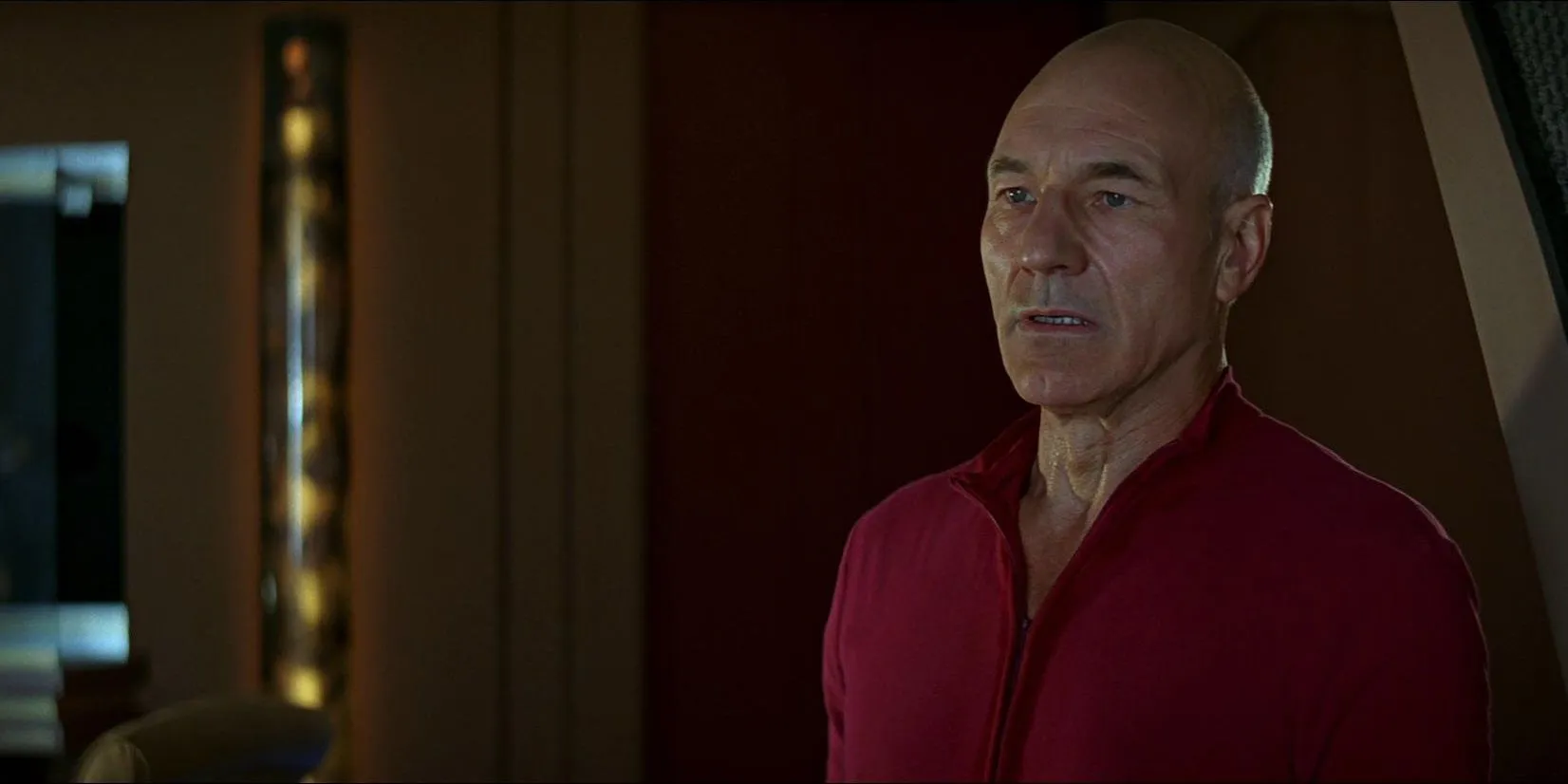
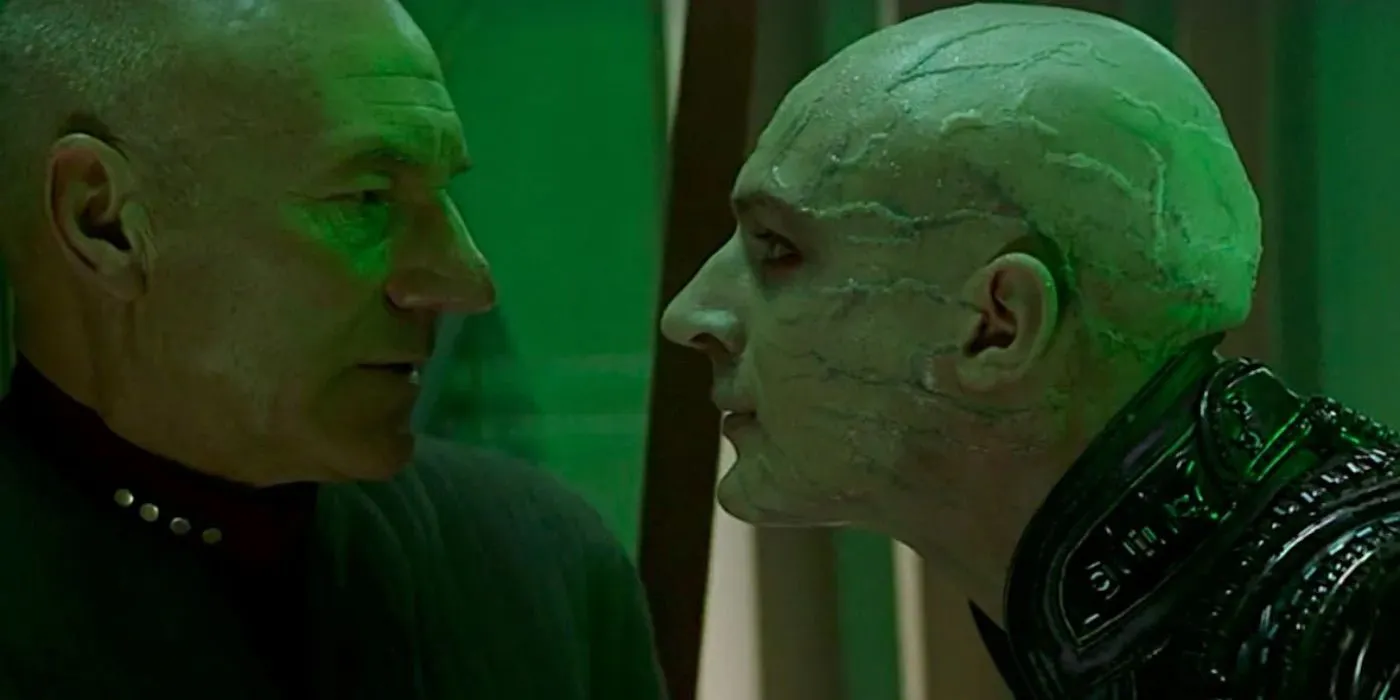
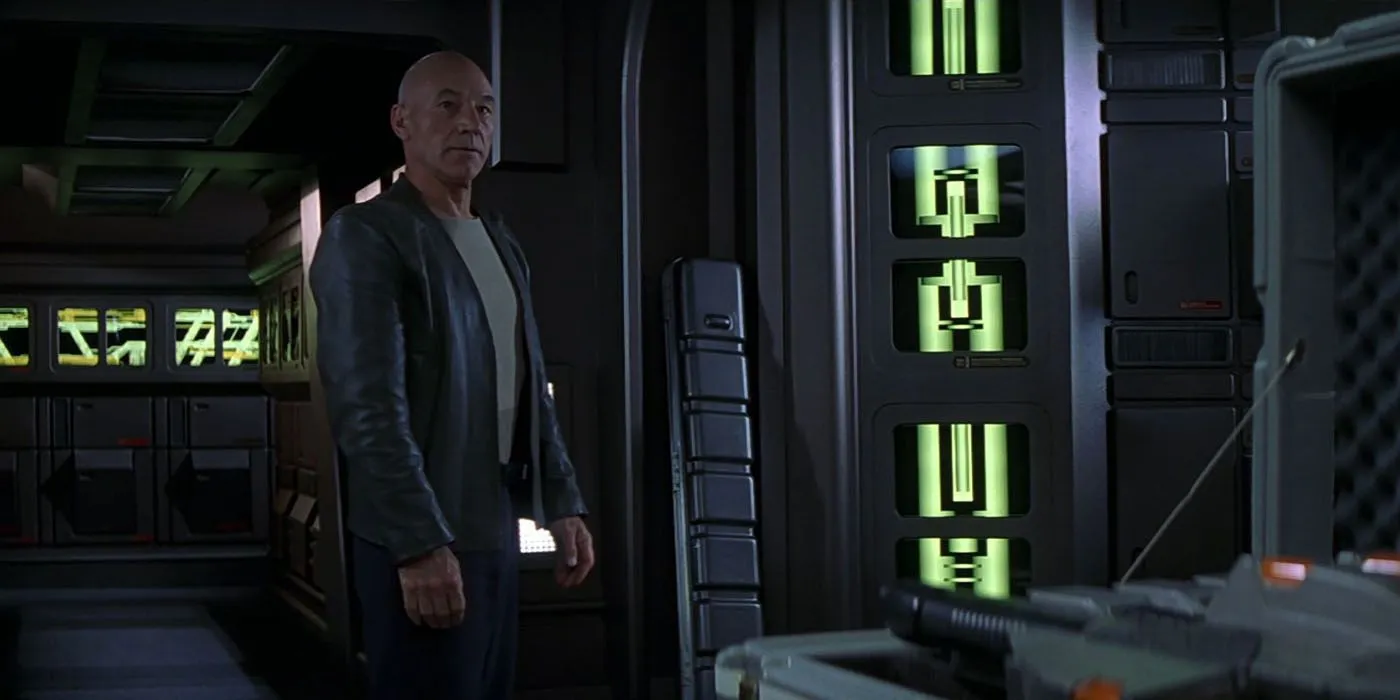
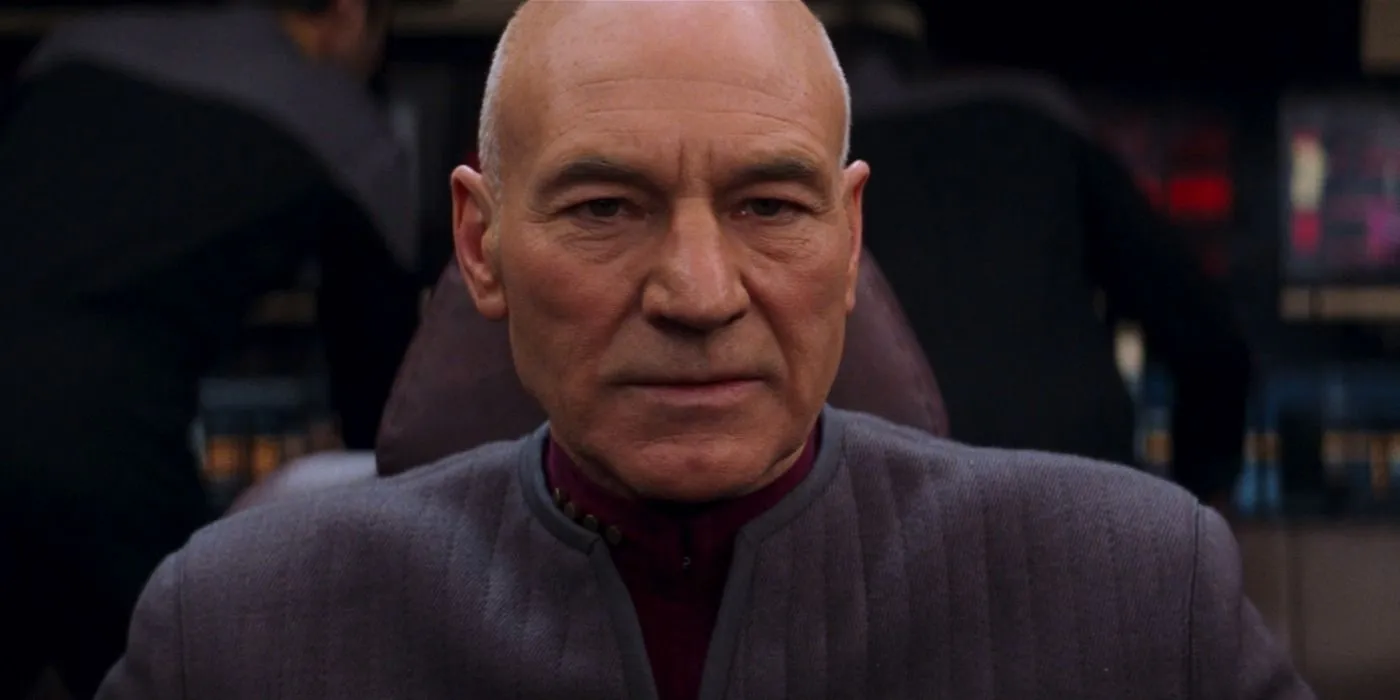
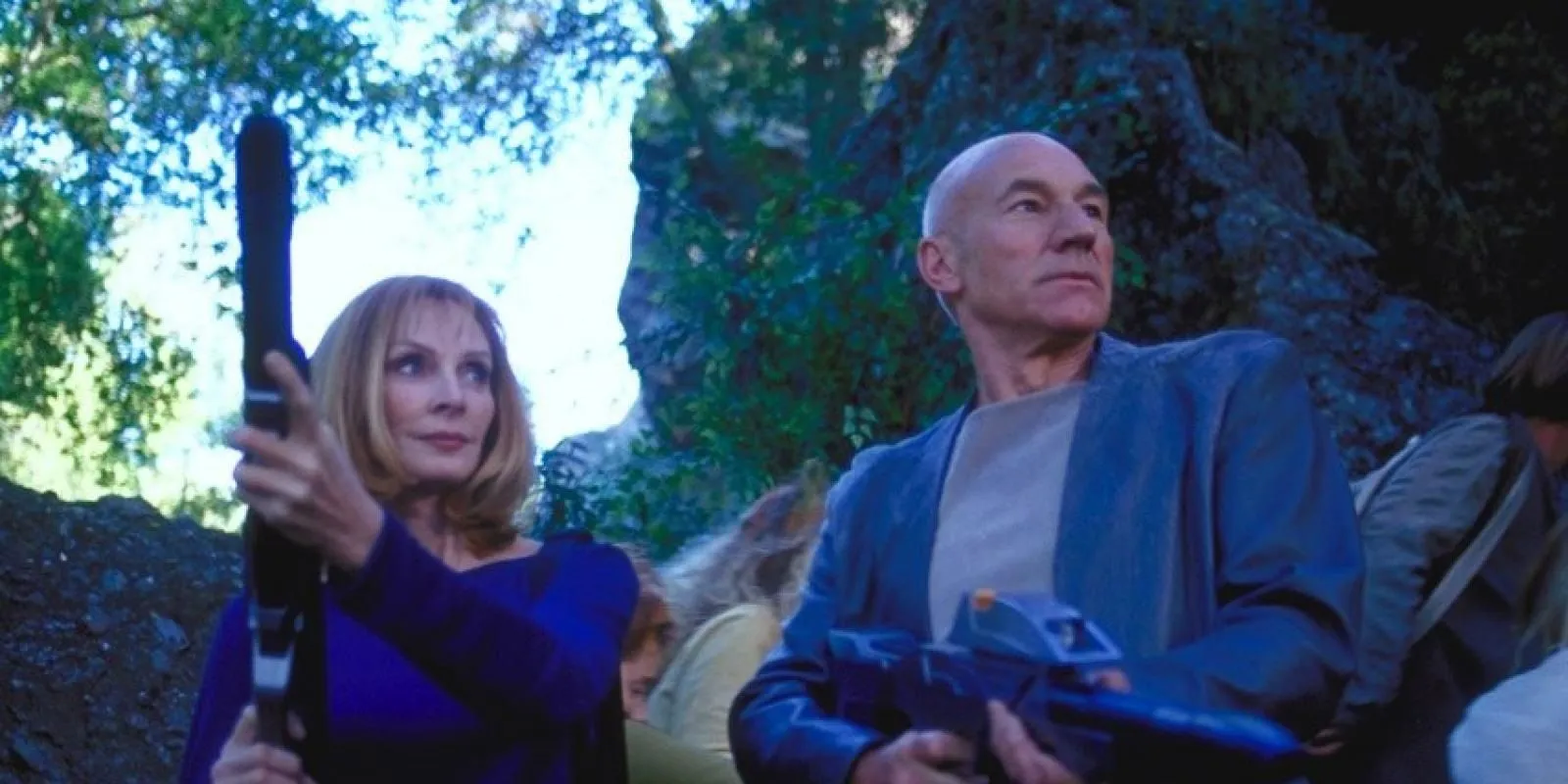
Throughout the series, Captain Picard was characterized as diplomatic, thoughtful, and wise. While some aspects of these traits lingered into the TNG movies, there was a noticeable shift towards him taking on a more action-oriented persona. While Picard’s adventurous spirit is not out of character—his reckless youth in Starfleet Academy is often noted—the bloodlust and vengeance portrayed in the films can be quite jarring.
Several actors from the TNG cast have voiced criticisms of Star Trek: Nemesis, emphasizing that director Stuart Baird’s lack of familiarity with the series adversely affected the film. In Star Trek: First Contact, the action-hero portrayal of Picard seems reasonable considering his trauma from the Borg. However, even in that context, I often found myself longing for the more reflective Picard we grew to love.
In Star Trek: Insurrection, he rebelliously gathers weapons upon uncovering the Federation’s intentions to displace the Ba’ku, a decision that, while rooted in integrity, seems dissimilar to the more diplomatic approach one might expect from him. In Nemesis, Picard briefly attempts to appeal to Shinzon’s reason about destroying Earth, giving us a glimpse of his traditional diplomacy. Yet shortly thereafter, he reverts to action-hero mode, ramming the Enterprise into Shinzon’s ship and opting to confront his clone alone, despite Data’s offer to assist—something that could have been more prudent.
Ultimately, it is Data who saves the day by disabling the thalaron weapon and sacrificing himself to do so. Had Picard allowed Data to take the lead earlier, perhaps the situation could have turned out differently for all involved. It is this stark divergence from his established character that questions the effectiveness of Star Trek: Nemesis, as we witness a Picard incapable of recognizing the nuances of leadership and empathy—especially in critical moments involving Counselor Troi.
